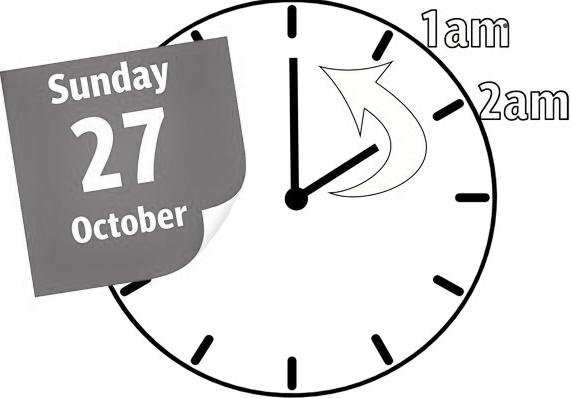
Introduction
Time change, commonly referred to as Daylight Saving Time (DST), plays a crucial role in Canadian society. This biannual adjustment aims to make better use of daylight during the longer days of summer, ultimately impacting energy consumption and daily routines.
The Shift to Daylight Saving Time
In Canada, Daylight Saving Time begins on the second Sunday in March and ends on the first Sunday in November. Clocks are set forward by one hour in spring and set back in autumn, an initiative first adopted in Canada during World War I to save fuel. As Canada spans six time zones, the shift affects different provinces and territories uniquely.
The Economic Impact
Numerous studies suggest that time change can lead to decreased energy usage. According to a report from the U.S. Department of Energy, extending Daylight Saving Time saves approximately 0.5% of energy per day during the extended months. In Canada, this might translate to significant savings across households and businesses, particularly in urban areas.
Health Considerations
Despite its intended benefits, the time change can disrupt sleep patterns and pose health risks. Sleep experts caution that losing an hour of sleep in the spring can lead to increased fatigue and even a rise in health-related issues, such as heart attacks and increased accidents on the road. A comprehensive study by the American Academy of Sleep Medicine showed a spike in workplace injuries following time changes.
The Debate Surrounding Time Change
As the consequences of time change are debated, some provinces, like Saskatchewan and parts of British Columbia, have opted out of Daylight Saving Time. Advocates argue for its abolition altogether, citing the stress it causes; however, many are divided over which time – standard or daylight – would be ideal year-round. The debate continues at various governmental levels, as stakeholders assess the societal and economic implications.
Conclusion
In summary, the time change remains a significant topic in Canada, invoking discussions around its relevance and effects. While it may offer energy conservation benefits, it also raises concerns about health and societal disruption. As lawmakers consider potential changes to this tradition, Canadians are left contemplating whether the benefits outweigh the drawbacks. Looking ahead, the future of time change may evolve, reflecting the needs and preferences of the population.



